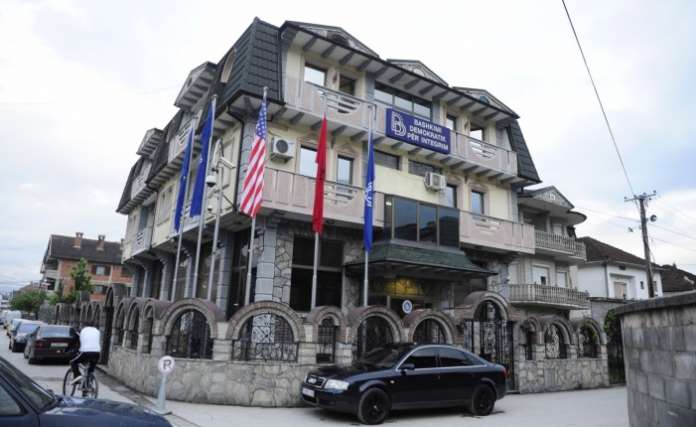Criticism of political admissions of the churches is « artificial debate »

Ms. Schavan, what did you think about first when you heard the news of the death of Pope Francis’ on Easter Monday?
Annette Schavan: Now the arms of the world have lost their greatest advocate – that was my first thought.
As a German ambassador to the Holy Stuhl, they met Francis more often. What memory of him will you never be able to forget?
Schavan: There are so many! What is unforgettable was his unusual presence at every encounter, even if many other people were present and his battle spirit. Francis fought for a world in which the burning questions of the future can only be answered together. His message was always: « Don’t let this world break. » In view of the current conflicts everywhere, this is highly topical.
You also experienced it personally.
Schavan: Yes, there were further encounters even after my ambassador. Once he gave me tango music and explained explainable: « From my homeland. »
A successor will soon be elected. Do you expect a difficult conclave?
Schavan: My hope is that it In the Pope election is spiritually approaching and awareness of the importance of papacy in a torn world. The next Pope must be a reconciler.
Is a mediator missing with Francis now?
Schavan: The great authority that stands for reconciliation is missing. And that was Francis. He was the first Pope to have an eye on the global world and who showed us the wounds of the world. He also made it clear that the Catholic Church is not part of any alliance, not the EUnot the NATO – She is the contact person for everyone, she is ready at any time and with all talks. This has sometimes led to many misunderstandings.
Francis was accused, not unmistakable enough Russia as an invasor of Ukraine to have named.
Schavan: But you also have to look at this from a diplomatic perspective. It is almost the heart of Vatican diplomacy, and then I repeat myself to speak to all parties to the conflict and to stay ready to talk.
Was he a clever diplomat?
Schavan: I would not use this word in his case. Being a clever diplomat was not his claim at all. I experienced him as a fighter for peace and justice who speaks clear words, sometimes they were angular and he was criticized for them. But he accepted it to appeal. For him, priority was not to distinguish in suffering and suffering. And he named.
Should the Church interfere in political matters at all?
Schavan: Of course she has to – and John Paul II is a strong example for this.
The Polish Pope, Karol Józef Wojtyla, who died almost exactly 20 years ago.
Schavan: His first trip shortly after his election in 1978 led him to Poland, where he spoken of the anti -communist union Solidarność Courage with the words « Don’t be afraid! ». This started a long -term struggle and commitment to freedom – with the result of the association of Europe. Who would have come up with the idea of accusing the Pope or the Church at the time that one should not comment so politically?
There is currently this debate. Bundestag president Julia Klöckner From the CDU, of all people, accused the churches of interfering in daily politics.
Schavan: This is a fairly artificial debate: Christianity is also political from the start. The popes are deeply spiritual people, but they also fight politically. Anything else would be a religion for the piety of the individual without relevance for the world.
Photo: Kay Nietfeld/dpa
Not only Klöckner, but also Bavaria’s Prime Minister Markus Söder (CSU) recommended to the churches to better comment on topics such as « life protection ».
Schavan: You don’t have to find every statement, such as the Catholic Church, the right thing. I didn’t do that either. But: We shouldn’t come up with the idea of commenting on the churches to express themselves. Also and especially with admissions that affect politics and who may not fit us.
Obviously, the criticism of the churches has the fact that the Union accepts voices of the AfD in parts of the right -wing extremists for an application for a sharper migration policy, some top politicians of CDU And CSU not fit.
Schavan: In fact, there are a number of topics that deeply affect human dignity – and in all of these topics the churches would miss their task, they would be silent.
It irritates that the massive criticism of the political entries of the churches comes from parties with the « C » for « Christian » in the name?
Schavan: The « C » was deliberately chosen after the Second World War, it stands for a partisory for humans, for the prevention of any kind of totalitarianism, for ecumenism. CDU and CSU were ahead of their time. This should be an important memory for us today: to be ahead of the time, not to lag it behind.
Take care The « C » in the CDU and CSU? In the past few years, the impression that the Union has been going on a bit.
Schavan: The « C » means a great power of reconciliation. In the past decades, however, it has been treated with different tonality. We were advised to abolish it in 1998 because it was no longer up to date. It was often questioned. But it has remained and I am convinced that the ability to consent to the C parties has to do significantly with the fact that they see itself as Christian democratic-and not just as conservative or liberal.
Photo: Michael Kappeler/dpa
To person
Annette Schavan, 69, was a German ambassador at the Holy Stuhl from mid -2014 to mid -2018. Previously, the Rhinelander was the CDU Federal Minister of Education and Research. Schavan, among other things, was a vice president of the Central Committee of German Catholics.

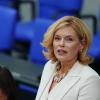
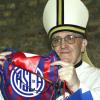
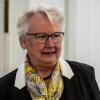

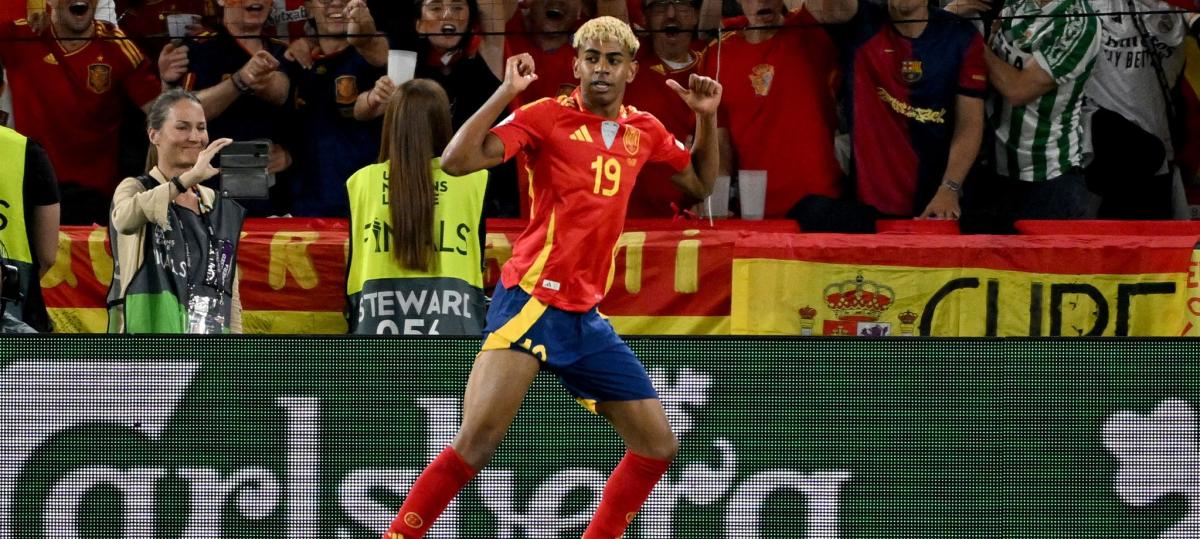
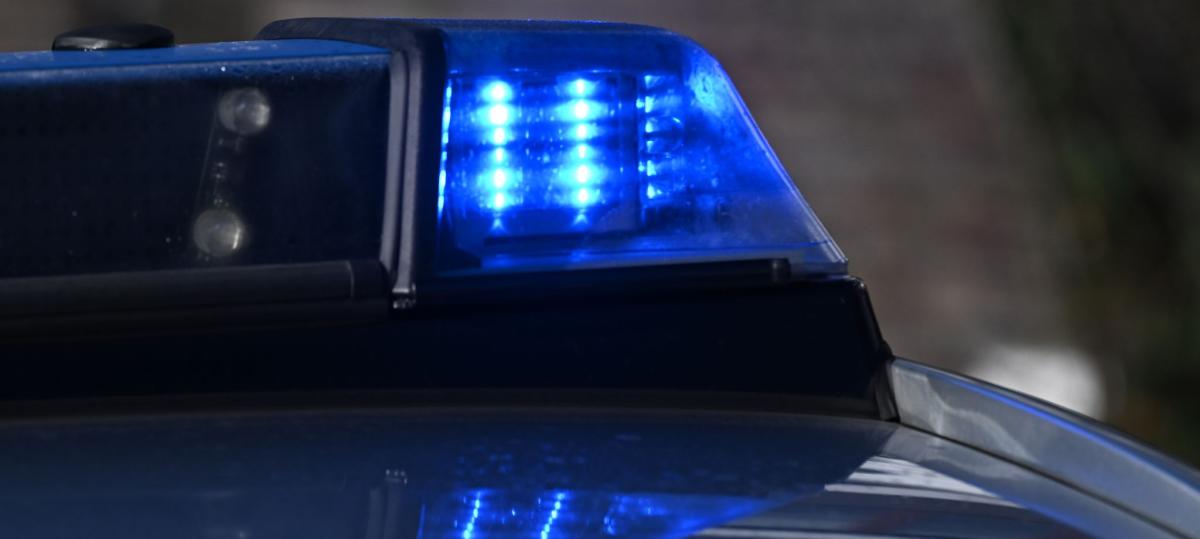
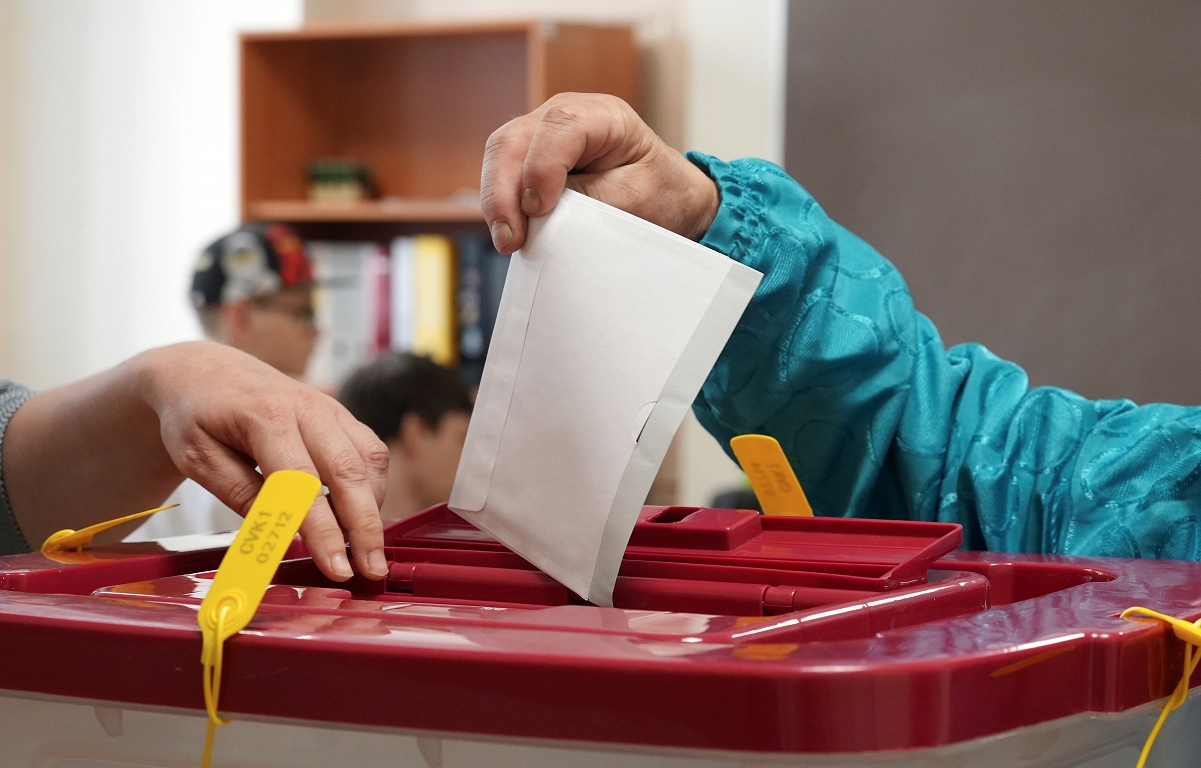
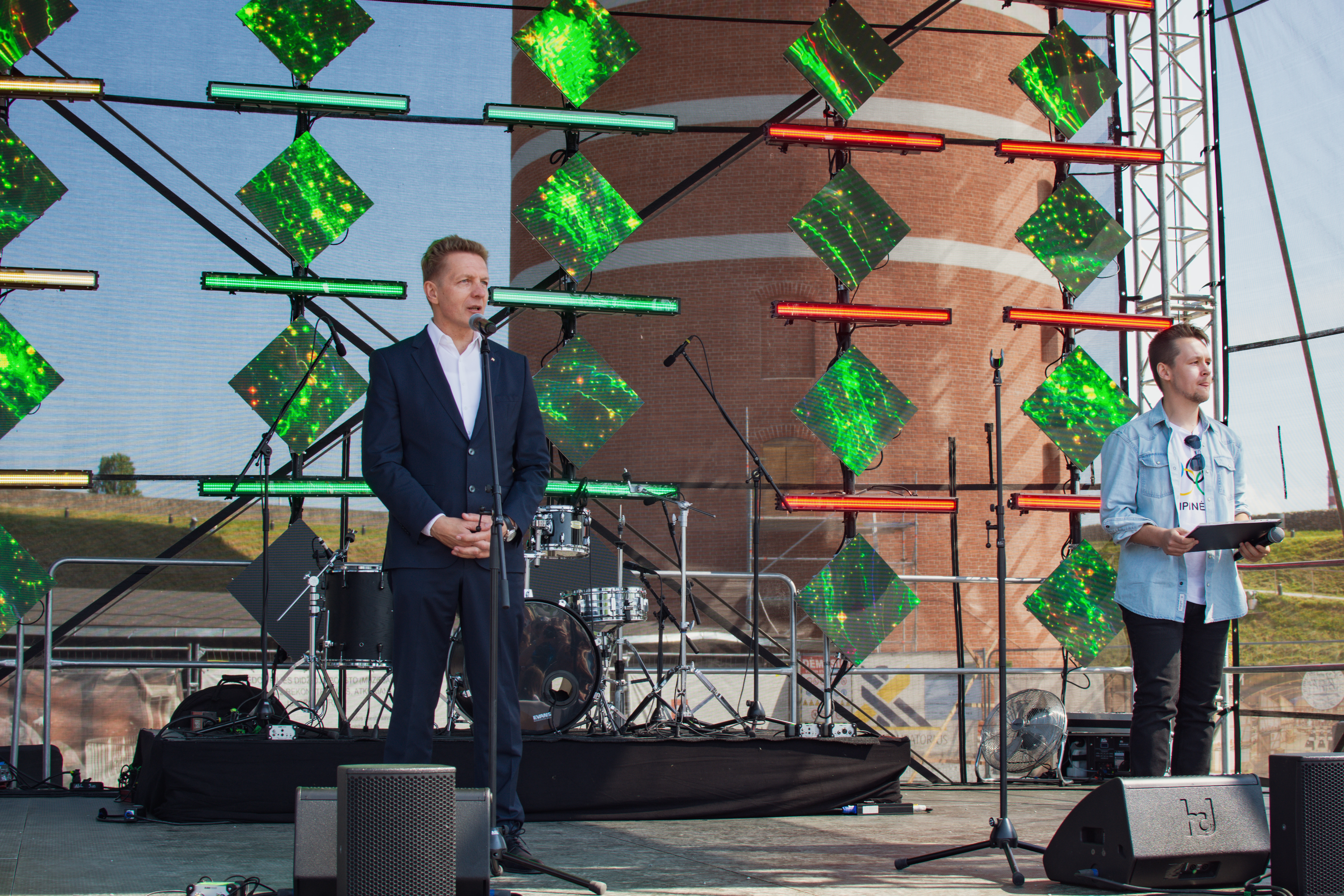
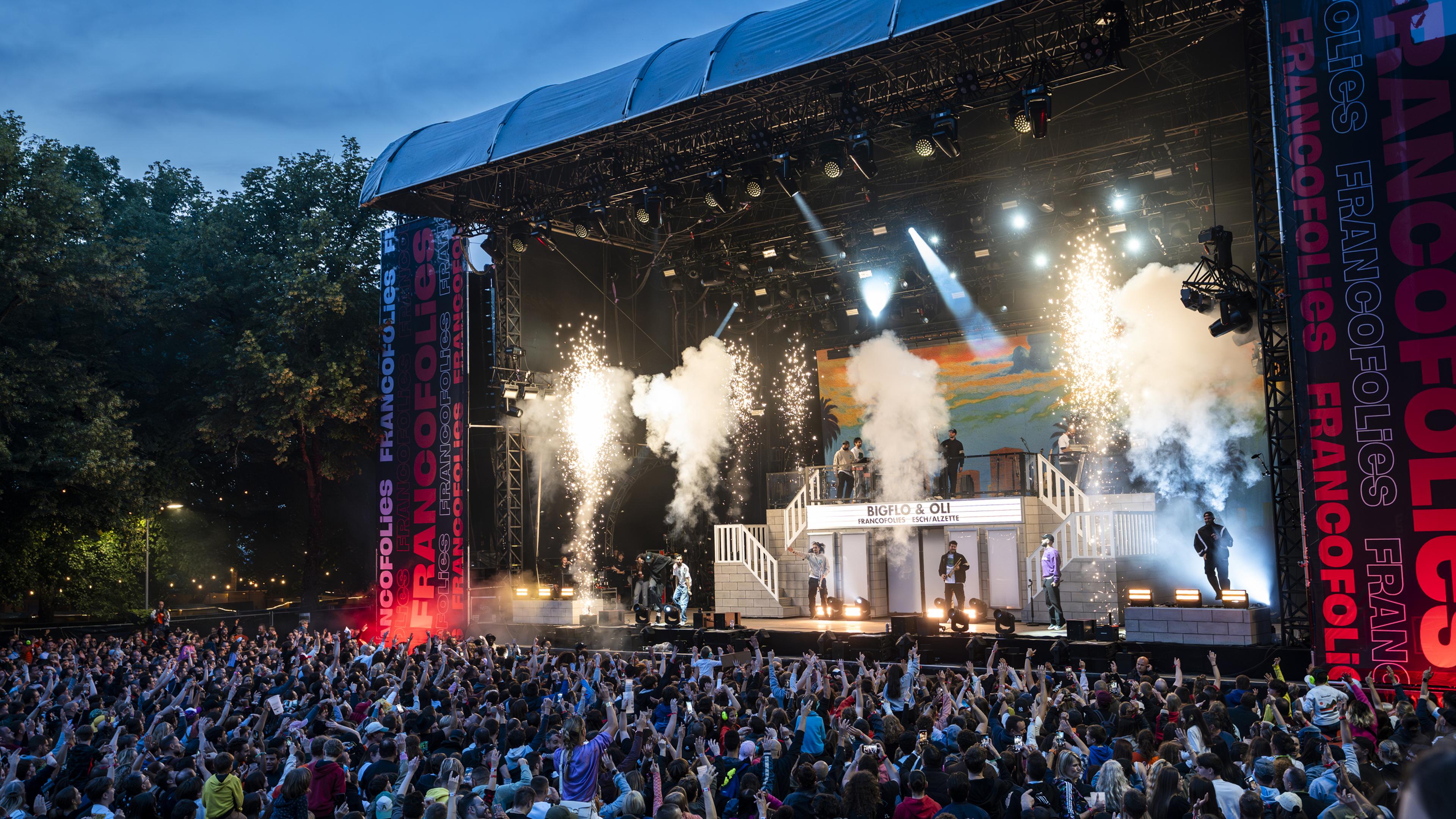
:format(webp)/s3/static.nrc.nl/bvhw/files/2019/08/web-1708zatwongjpg.jpg)
